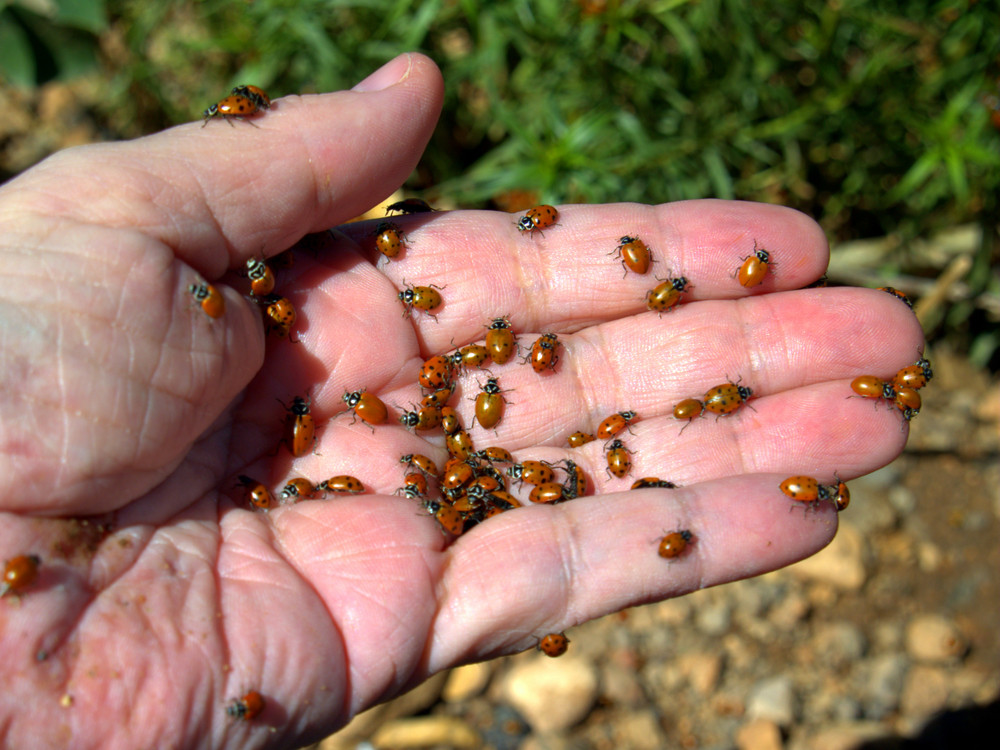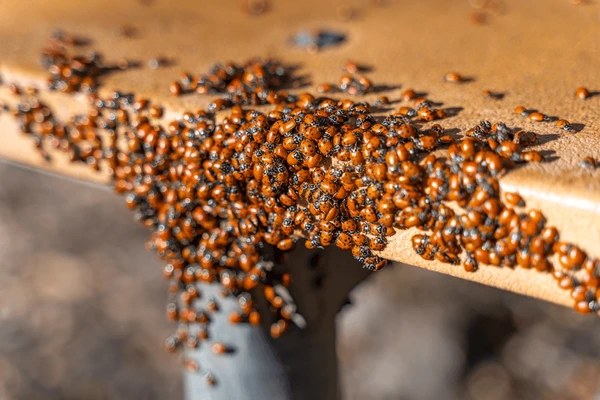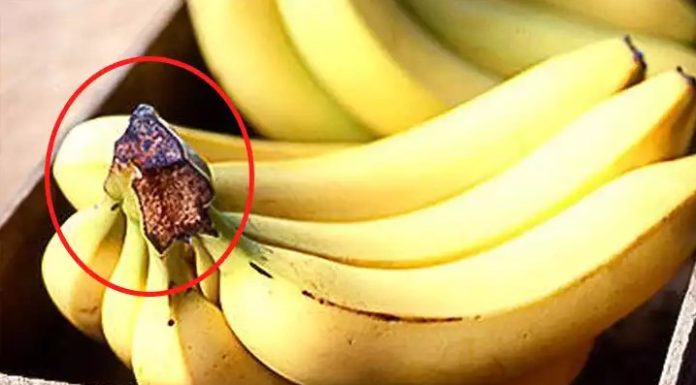Ladybugs, also known as ladybirds or lady beetles, are a gardener’s best friend. These small, colorful insects play a crucial role in natural pest control, and having them in your garden can help maintain a healthy and thriving ecosystem. In this comprehensive guide, we’ll explore how to attract thousands of ladybugs to your garden, keep them there, and understand why they are so important.
The Benefits of Ladybugs in Your Garden
Before we delve into how to attract and retain ladybugs, let’s take a moment to appreciate the valuable contributions they make to your garden:
1. Natural Pest Control
Ladybugs are voracious predators of many common garden pests, including aphids, mealybugs, mites, and small caterpillars. By feeding on these pests, ladybugs help keep their populations in check and prevent them from damaging your plants.
2. Pollination Assistance
While ladybugs primarily feed on insects, they also consume nectar and pollen. During this feeding process, they inadvertently assist in pollinating flowers, which can improve the overall health and productivity of your garden.
3. Minimal Harm to Plants
Unlike chemical pesticides, ladybugs do not harm your plants while targeting pests. They are a safe and eco-friendly option for pest control.
4. A Balanced Ecosystem
Having ladybugs in your garden encourages the development of a balanced ecosystem. When ladybugs thrive, other beneficial insects are also attracted, creating a natural and sustainable cycle of pest management.
Attracting Ladybugs to Your Garden
Now that you understand the importance of ladybugs in your garden, let’s explore how to attract them:
1. Plant Ladybug-Friendly Flowers
Ladybugs are attracted to flowers that provide nectar and pollen. Consider planting a variety of ladybug-friendly flowers such as marigolds, daisies, yarrow, and fennel to entice them to your garden.

2. Avoid Chemical Pesticides
Chemical pesticides can harm ladybugs and deter them from your garden. Opt for natural pest control methods or use ladybug-friendly products if necessary.
3. Provide Shelter
Ladybugs seek shelter during the night and in inclement weather. Provide suitable hiding spots like dense vegetation, tall grasses, or small wooden structures to keep them comfortable.
Keeping Ladybugs in Your Garden
Attracting ladybugs is one thing; keeping them in your garden is another. Here’s how to ensure they stick around:
1. Continuous Food Supply
Keep a steady supply of aphids, mealybugs, and other ladybug prey in your garden. Avoid using harsh pesticides that can eliminate their food source.
2. Offer Water Sources
Ladybugs need access to water. Providing shallow dishes of water or a dripping hose can help keep them hydrated.
3. Release Ladybugs
Consider purchasing ladybugs from a reputable supplier and releasing them in your garden. However, releasing them should be done strategically when pests are present, so the ladybugs have immediate access to food.
Conclusion
Ladybugs are unsung heroes in the world of gardening. By attracting and keeping these beneficial insects in your garden, you’ll enjoy the benefits of natural pest control, improved pollination, and a healthier, more vibrant garden ecosystem. Follow the steps outlined in this guide to create a ladybug-friendly environment and reap the rewards of their presence in your garden. Happy gardening!










